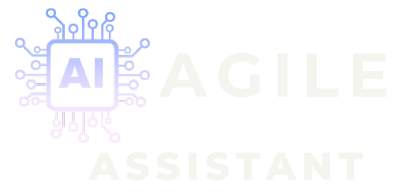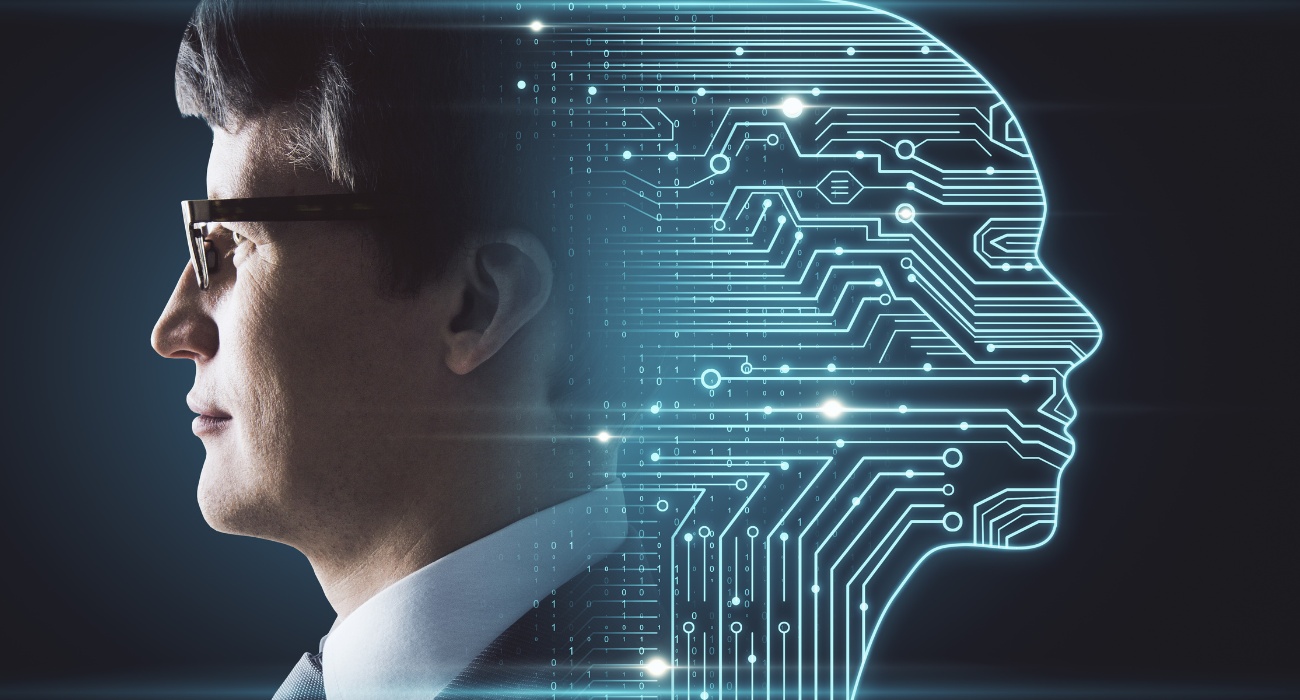Subtotal $0.00
Artificial Intelligence (AI) has been a buzzword in the tech industry for quite some time now. From Siri to Alexa, AI has become an integral part of our daily lives. However, another side of AI is making waves in the industry – AI Agents.
You might be thinking, “AI Agents? Aren’t they AI systems?” Well, technically, yes. But the power of an agentic workflow lies in the fact that multiple agents, each with different roles, backgrounds, personas, and tools, can work together to create a robust and efficient system.
In this blog post, we’ll delve into the world of AI Agents, their power, and how they are revolutionizing various industries.
What are AI Agents?
AI Agents are software programs that use AI to make decisions and perform tasks autonomously. They can perceive their environment, learn from it, and take actions to achieve specific goals.
Think of them as digital assistants that can perform tasks and learn and improve over time. They can be as simple as a rule-based system that follows a set of predefined instructions or as complex as a machine learning model that can learn and adapt to new situations.
The Power of AI Agents
The power of AI Agents lies in their ability to work together in an agentic workflow. This allows them to perform complex tasks that would be difficult or impossible for a single agent to handle.
For example, in a customer service scenario, one agent could handle natural language processing to understand customer queries, another agent handle database queries to fetch relevant information, and a third agent handle response generation to provide accurate and helpful responses to customers.
Moreover, AI Agents can learn from their mistakes and successes, allowing them to improve over time. This continuous learning and improvement can lead to a more efficient and effective system, reducing errors and improving customer satisfaction.
AI Agents in Action
AI Agents are being used in various industries to automate tasks, improve efficiency, and reduce costs. Here are a few examples:
Finance
AI Agents are being used to detect fraud, manage risks, and provide personalized financial advice. They can also automate tasks such as data entry and report generation, reducing errors and improving efficiency.
Retail
AI Agents are being used to provide personalized shopping experiences, recommend products, and handle customer service. They can also automate tasks such as inventory management and order fulfillment, improving efficiency and reducing costs.
AI in HR: Streamlining Recruitment and Onboarding
Automated Screening
AI agents can significantly reduce the time and effort required for manual resume screening by automatically scanning and shortlisting candidates based on job requirements and qualifications.
Chatbots for Interview Scheduling
AI-powered chatbots can automate the interview scheduling process, allowing candidates to select their preferred time slots and eliminating the need for back-and-forth emails and calls.
Personalized Onboarding
AI can create customized onboarding experiences for new hires by analyzing their background, skills, and preferences, ensuring a smooth transition into the organization.
AI in Marketing: Enhancing Customer Engagement and Personalization
Predictive Analytics
AI can analyze customer data and predict future behaviors, enabling businesses to tailor their marketing strategies and create personalized experiences.
Sentiment Analysis
AI-powered sentiment analysis can help businesses understand customer opinions and emotions, allowing them to respond effectively to customer feedback and address potential issues proactively.
Chatbots for Customer Support
AI-driven chatbots can provide instant customer support, answer queries, and resolve issues around the clock, enhancing customer satisfaction and loyalty.
AI in Business Operations: Improving Efficiency and Productivity
Process Automation
AI can automate repetitive and time-consuming tasks, freeing up employees to focus on more strategic and value-added activities.
Fraud Detection
AI can analyze patterns and detect anomalies in financial transactions, helping businesses identify and prevent fraudulent activities.
Demand Forecasting
AI-driven demand forecasting can help businesses anticipate market trends and adjust their production and inventory levels accordingly, optimizing resource allocation and reducing waste.
Embracing AI in Your Organization
To successfully implement AI in your organization, consider the following steps:
- Identify areas where AI can provide the most significant impact and value.
- Choose (with us) AI solutions that align with your business goals and objectives.
- Ensure your team has the necessary skills and knowledge to use AI technologies.
- Establish clear guidelines and policies for AI usage, addressing data privacy and security concerns.
- Monitor and evaluate the performance of AI solutions, making adjustments as needed.
AI Agents are not just AI systems, they are powerful tools that can collaborate in an agentic workflow to perform complex tasks and learn from their experiences. They are transforming various industries, such as healthcare, finance, and retail, by enhancing efficiency and decreasing costs. Therefore, do not just perceive AI Agents as AI systems, but as potent digital assistants that can learn, adjust, and work together to accomplish specific objectives.
If you require personalized agents for your business, do not hesitate to contact us.


